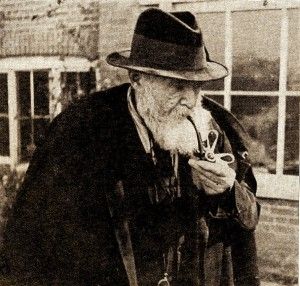Belloc

I re-read Belloc's Europe and the Faith while I was in Rome last month. It's a pretty stunning work, especially when you realize that he (an amateur historian) dug up his Roman history from primary sources, after deciding that he'd had enough of the "Whig version of history" promoted by Macaulay and Gibbon (Chp. 36 of whose massive (ly misleading) work covers the years 455-476 and is entitled, "Total Extinction of the Western Empire").
About half of Belloc's nifty work is dedicated to explaining Catholicism's role in the late Roman Empire and disabusing the idea that the Roman Empire "fell" in 476 . . . which is a position that, as near as I can tell, nearly all historians concede today. Even the historians who still believe that 476 is the best date to use for Rome's fall concur with many of Belloc's arguments and agree that no one in the late fifth century saw any change as a result of the events of 476. It's fairly well-established that life in general in western Europe (in commerce, religious practice, taxation, military defense, Roman titles for officials) continued pretty much the same way well into the sixth century.
Anyway, expect further cogitations on Belloc's work during the coming year. In the meantime, here's one of my favorite quotes from Belloc's work, which I have, for the most part, been able to verify from other historians.
Odoacer held a regular Roman commission; he was a Roman soldier: Theodoric supplanted him by leave of, and actually under orders from, the Emperor. The last and greatest example, the most permanent, Gaul, tells the same story. The Burgundians are auxiliaries regularly planted after imploring the aid of the Empire and permission to settle. Clovis, the Belgian Fleming, fights no Imperial Army. His forebears were Roman officials: his little band of perhaps 8,000 men was victorious in a small and private civil war which made him Master in the North over other rival generals. He defended the Empire against the Eastern barbaric German tribes. He rejoiced in the titles of Consul and Patrician.
